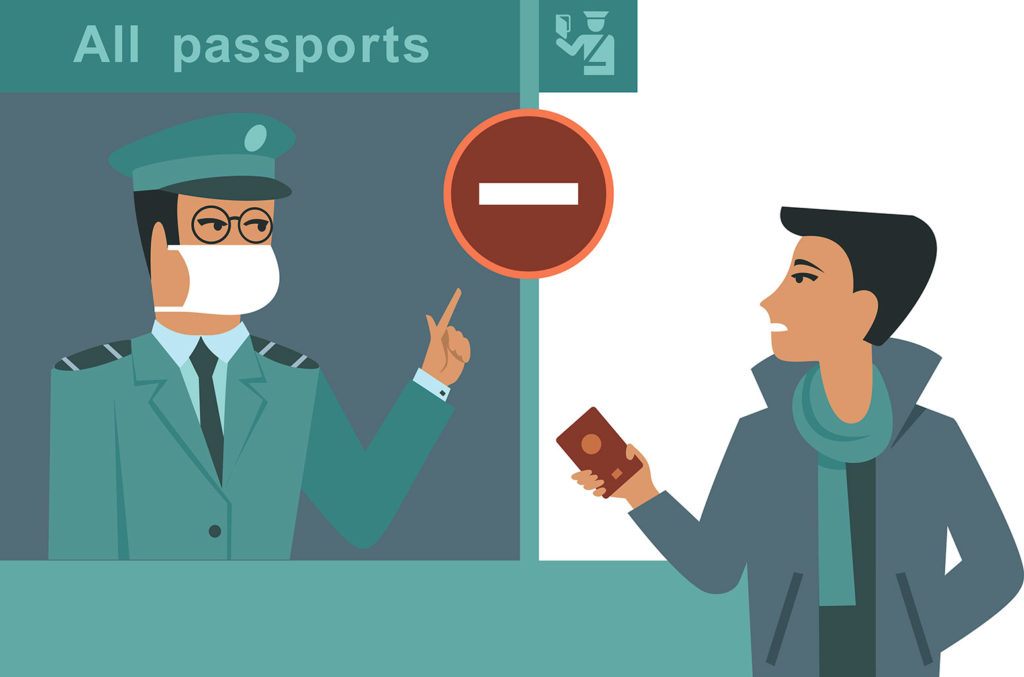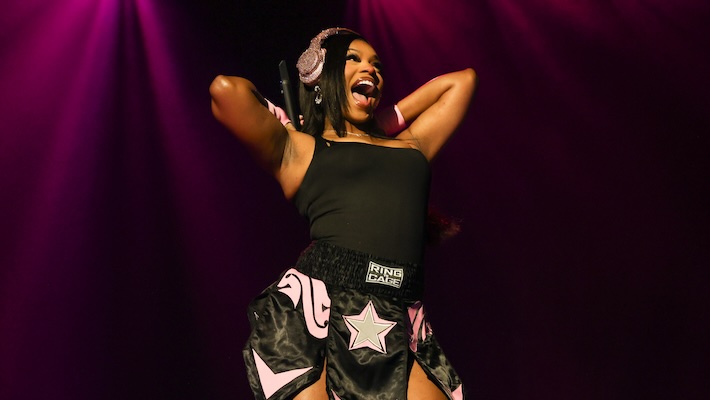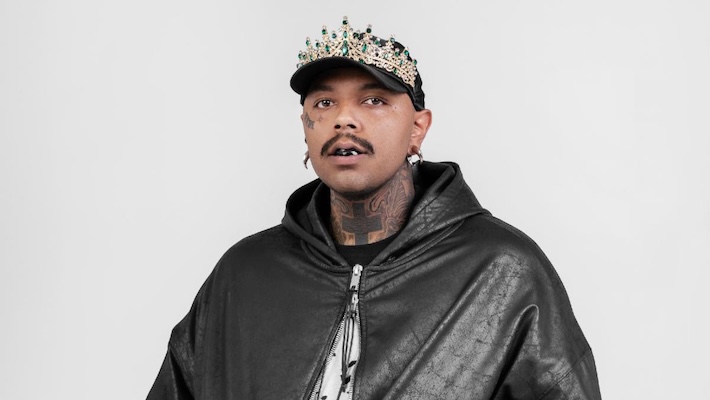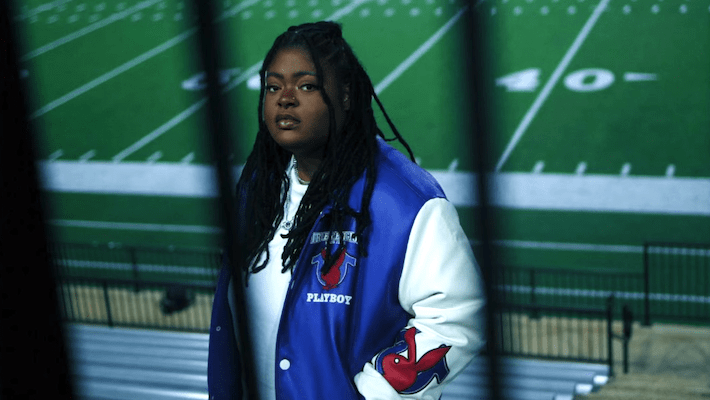From securing a visa to getting a plane, it’s harder — but not impossible — for foreign acts to reach the States amid COVID-19.
In March, Colombian superstar Carlos Vives was in the midst of filming season 2 of Telemundo’s singing competition series La Voz in Miami when COVID-19 sent most of the U.S. into lockdown. With production on hold, Vives returned to his home country to wait things out. Now, a full four months later, he is back on set. But returning to the U.S. was no easy task.
“Colombia’s international borders were shut down,” says Vives’ business manager, Claudia Arcay, who notes that all commercial flights to and from Colombia were suspended, except for humanitarian and repatriation flights. “However, we had a work contract with Telemundo that we had to fulfill.”
In order to travel back to the U.S. with his family on a private plane, Vives had to request permission from Colombia’s foreign ministry and send reams of supporting evidence — including his visa, Telemundo contract, travel itinerary and more — before receiving a permit from the country’s Civil Air Force to fly.
“Part of those permits involved getting tested for COVID before departure and keeping a 14-day quarantine once he got to the U.S.,” says Arcay, meaning Vives had to fly back to the States three weeks before production started.
Still, Vives was one of the fortunate ones. While he may have had to jump through hoops before returning, he at least had an approved, stamped, up-to-date work visa in hand. Artists who aren’t so lucky have come up against even more roadblocks, including trying to access U.S. embassies and consulates abroad at a time when many have shuttered due to the pandemic.
“Consulates are closed, so even if we file a case and they have approval, they cannot physically go to the consulate to get [their passport] stamped,” says attorney Pierre Hachar, founder of Miami-based The Hachar Entertainment Group, which has a dedicated immigration and visa department for its clients. “We have had artists with approved visas and consular appointments in place that are now waiting for the Consulate to open.”
For foreign artists, the process of traveling to the U.S. was a complicated one even before the pandemic. Before coming to the U.S. to promote music, perform or do any other kind of work, they must first apply for a work visa, usually an “O” visa (for individuals of “extraordinary” abilities, like singers and composers) or a “P” visa (for groups like sports teams or casts). In both cases, the artist must prove that they enjoy “sustained national or international acclaim,” and they must present an itinerary or invitation that spells out exactly what they’ll be doing while in the country.
All told, there are three filters for these visas: The petition must be approved; an artist must visit the consulate to get the visa stamped on their passport; and they must submit to an interview to ascertain that they are who they say they are, and that the people with whom they’re traveling are essential staff. Even once an artist is on U.S. soil, the immigration officer at the airport exercises discretion to deny entrance if they feel anything is amiss.
In 2020, the coronavirus has become an additional barrier. For example, if an artist’s stated purpose for visiting the U.S. is a concert tour and that tour was canceled due to COVID-19, their reason for entry is no longer considered valid.
Case in point: Spanish group La Oreja de Van Gogh, which had been preparing to arrive in the U.S. for a major tour when the pandemic hit. “The file was approved, but it is moot,” says Hachar. “Their tour got postponed and we cannot know when the new dates will be.”
He continues, “We have over a dozen O and P Visa cases waiting to know what is going on. One involves 24 Carioca dancers that were initially coming to Coachella as backup dancers for an artist. If they have a recording contract, we can justify their visa. But a concert tour is going to be really hard to prove.”
Given that concerts are not happening — or at least are very limited — artists could potentially say they’re coming to the U.S. on a promotional tour. But that’s a tough sell since Zoom, Skype and other services allow interviews to take place from pretty much anywhere. Hachar also strongly cautions artists against traveling to the U.S. on a tourist visa.
“If an artist doesn’t wait for the O or P Visa because the consulate is closed and comes in on a tourist visa or visa waiver, the officers are checking social media,” says Hachar. “Even if you are not paid for the engagement, if it is something that is considered work for an artist (media tours, meet-and-greets, private performances), you can get stopped and returned.”
He continues, “We are now working on securing a pardon for an artist that didn’t have the proper visa and the officer questioned the upcoming concerts that were being promoted all over the place. Fortunately, he was not placed in detention at the airport.”
Finally, even if everything is in order and approved, there is still the issue of being unable to travel due to the shutdown of transportation routes. Such was the case with Panamanian rock group Rabanes, which was forced to postpone its anniversary livestream show in Puerto Rico when Panama’s airports shut down.
Though airports and consulates are slowly beginning to open up across the continent again, there’s still a backlog of cases, which means patience is more a virtue than ever.
Says Hachar: “The majority of people we are getting visas from, when they say, ‘I need to be in the U.S. next week,’ I say, ‘We need time.’”




